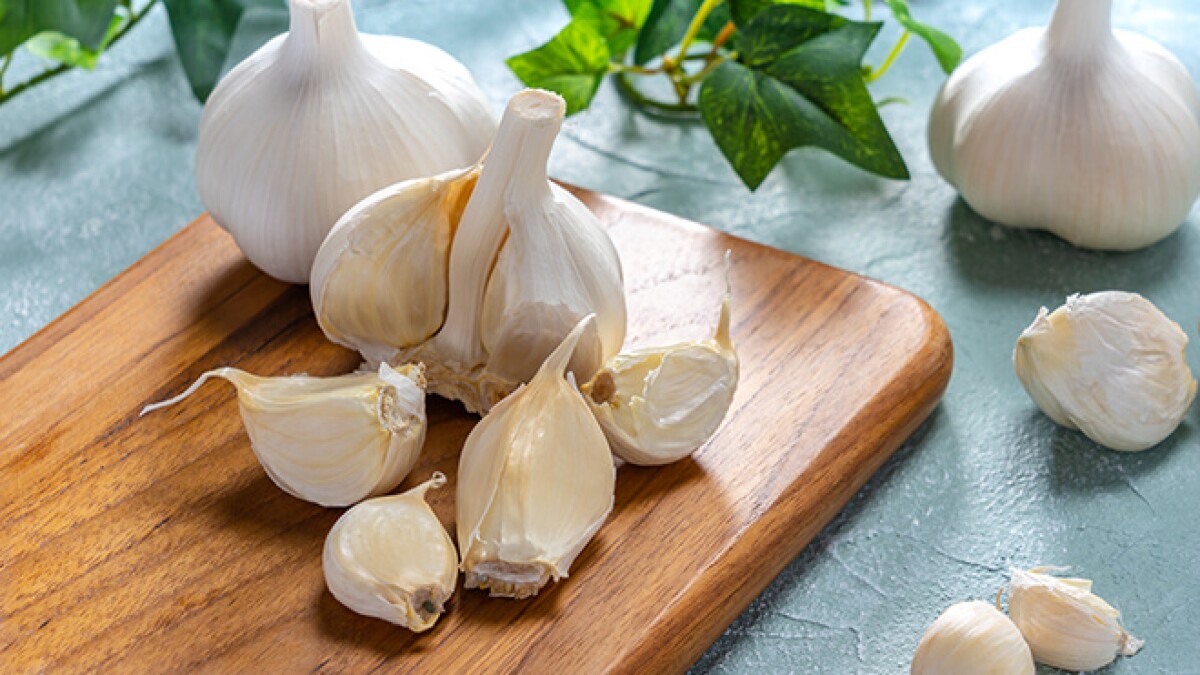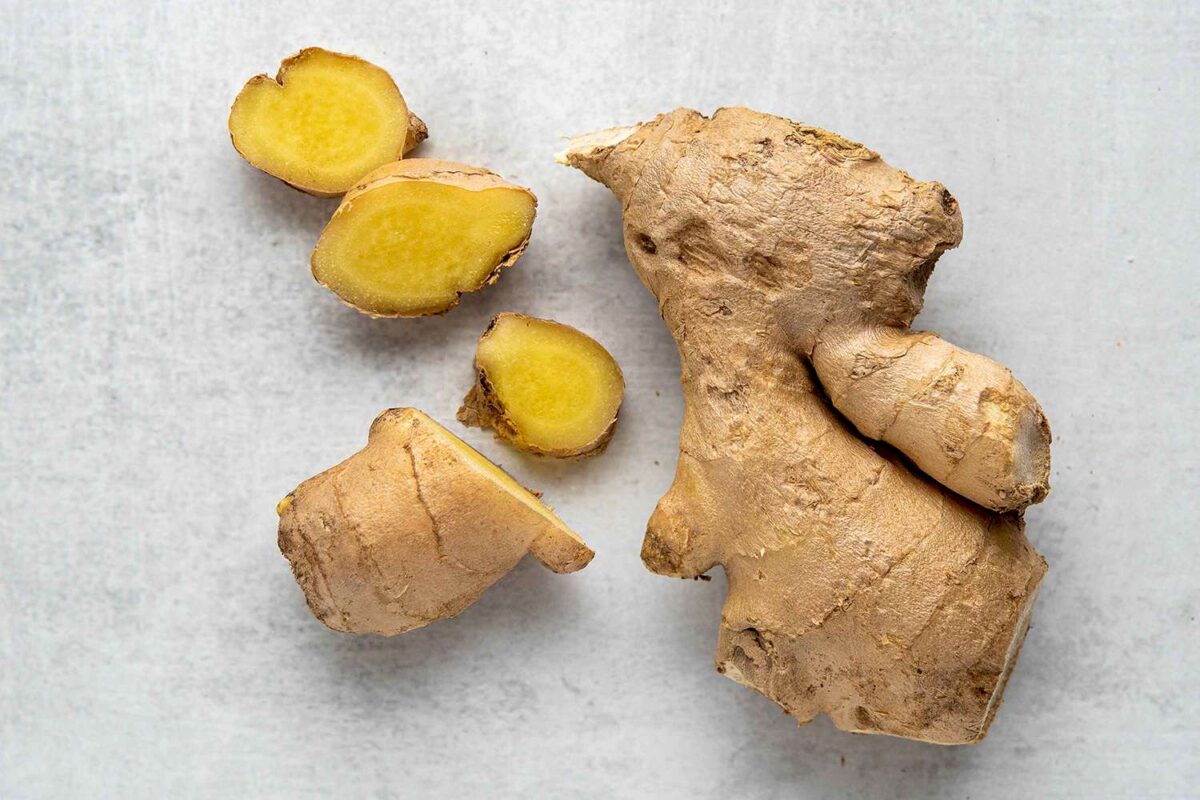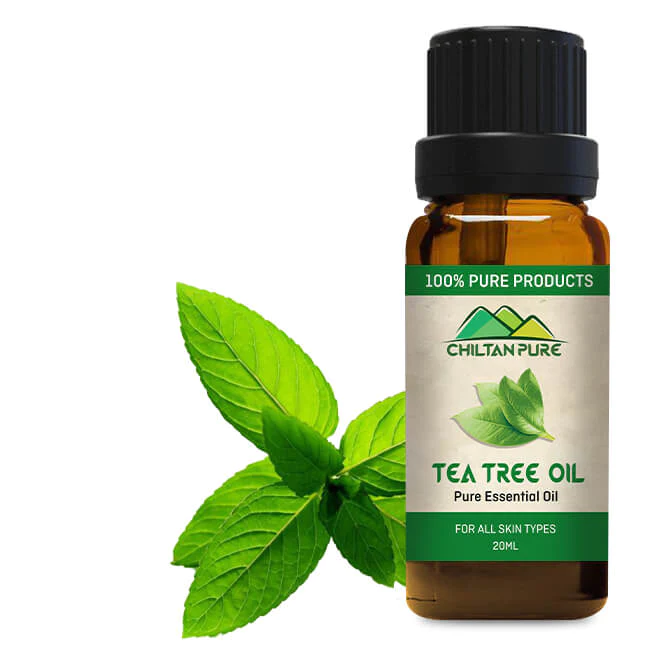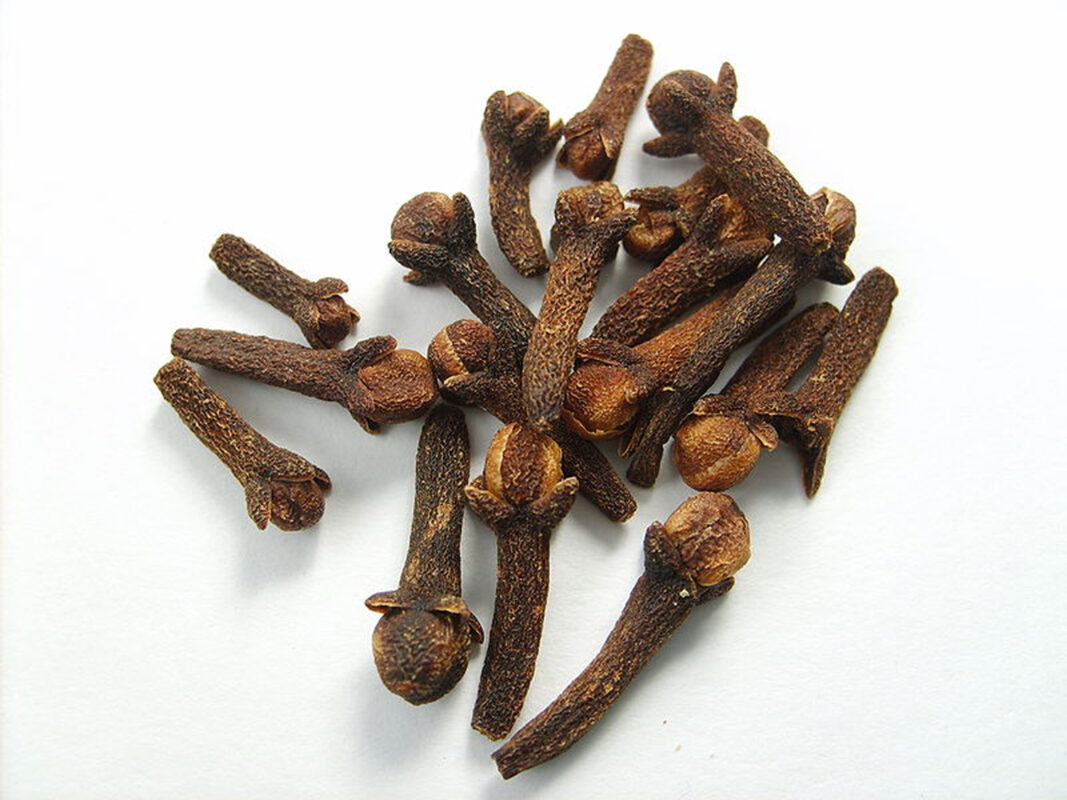Pain in the ear, Otalgia, Otitis externa, Aching.
Root Cause of Disease
A cold, allergies, or a sinus infection can block the tubes in your middle ear. When fluid builds up and gets infected, your doctor will call it otitis media. This is the most common cause of ear pain.
Symptoms
The symptoms are different for adults and children:
Signs and symptoms common in children include:
- Ear pain, especially when lying down.
- Tugging or pulling at an ear.
- Trouble sleeping.
- Crying more than usual.
- Fussiness.
- Trouble hearing or responding to sounds.
- Loss of balance.
- Fever of 100 F (38 C) or higher.
- Drainage of fluid from the ear.
- Headache.
- Loss of appetite.
- Fussiness and irritability.
- Increased crying.
- Loss of appetite.
Common signs and symptoms in adults include:
- Ear pain.
- Drainage of fluid from the ear.
- Trouble hearing.
- Drainage from the ear.
- Hearing loss.
- Headache.
- Difficulty chewing.
- Jaw pain.
- Clicking or popping.
Causes
- The eustachian tube runs from the middle part of each ear to the back of the throat. This tube drains fluid that is made in the middle ear. If the eustachian tube becomes blocked, fluid can build up. This may lead to pressure behind the eardrum or an ear infection.
Causes of ear pain may include:
- Arthritis of the jaw.
- Short-term ear infection.
- Long-term ear infection.
- Ear injury from pressure changes (from high altitudes and other causes).
- Object stuck in the ear or buildup of earwax.
- Hole in the eardrum.
- Sinus infection.
- Sore throat.
- Temporomandibular joint syndrome (TMJ).
- Tooth infection.
- An ear infection is caused by a bacterium or virus in the middle ear.
- This infection often results from another illness — cold, flu or allergy — that causes congestion and swelling of the nasal passages, throat and eustachian tubes.
- Ear canal irritation from cotton-tipped swabs.
- Soap or shampoo staying in the ear.
Home Remedies to treat Ear Ache
Remedy- 1: Garlic
Materials : Garlic

Garlic is a herb commonly used as a remedy for managing various conditions due to its inflammation alleviating property. It is also effective against different bacteria. A study shows garlic and its derivatives effectively eliminate ear infection-causing bacteria.
To use it as a remedy for ear pain, you can eat one clove of crushed garlic daily or mix garlic in coconut oil and apply it around the ear. Please do not put the garlic inside your ears as it may harm your ears.
Product Link: Garlic
Remedy- 2: Ginger
Materials : Ginger

Ginger as a home remedy is quite prevalent and is used for many conditions. Various extracts of ginger are potent and can help in alleviating inflammation and reducing pain.
A little bit of ginger juice can be applied around the ear to relieve pain. It should not be applied inside the ear or be used as ear drops.
Product Link: Ginger
Remedy- 3: Olive Oil
Materials Used: Olive oil

Although there is limited research evidence on the use of olive oil to ease ear pain, the American Academy of Pediatrics (AAP) recommends olive oil as an effective home remedy for mild to moderate ear pain. However, it is always advised to discuss the use of olive oil in your ear to soothe an earache with your doctor first, especially if you are planning to use it for kids.
Procedure:
- Warm a teaspoon of olive oil and allow it to cool.
- Pour one to two drops of the oil in the affected ear.
- Ensure to check the temperature of the oil before use as using hot oil can burn the eardrum.
Product Link: Olive Oil
Remedy – 4: Tea Tree Oil
Materials : Tea tree oil

Tea tree oil is an essential oil which is widely used as a natural remedy to get rid of the pain.
The oil has powerful antifungal, antibacterial, antiseptic and anti-inflammatory properties which makes it one of the effective home remedies for ear pain. The oil is used to reduce pain and discomfort in the ear.
Procedure:
- All you have to do is mix a drop or two of tea tree oil with a teaspoon of any base oil such as olive oil, sesame oil or coconut oil before use.
- Pour one to two drops of the oil in the affected ear.
- Ensure to check the temperature of the oil before use as using hot oil can burn the eardrum.
Product Link: Tea tree Oil
Remedy- 5: Cloves
Materials Used: Cloves

Cloves can also be used as ear pain remedies. It has analgesic (pain relieving) and anti-inflammatory (reduce inflammation) properties which help in soothing ear pain and treating an ear infection.
Procedure:
- Clove oil is widely used as an effective home remedy for ear pain.
- To prepare clove oil, saute a clove in a teaspoon of sesame oil.
- Bring it to a boil and let it cool down.
- Filter the oil and put one to two drops of the warm oil in the affected ear.
- Do this three to four times daily for three days for effective relief.
Product Link: Cloves
Other Remedies
Tulsi
Tulsi is known as the ‘Elixir of life’ in Ayurveda as it is used for managing many conditions. It is also called Holy basil, an aromatic herb of medicinal importance. Tulsi has inflammation-reducing action along with other therapeutic actions. Therefore, for relieving earache, tulsi can be used as ear drops.For making ear drops from tulsi, you simply have to take a few tulsi leaves and crush them to obtain the juice; this juice can be used as ear drops. Kindly ensure that you consult your doctor before putting it in your ear.
Avartani
Avartani is known as the Indian screw tree in English and Marod phali in Hindi. This plant has healing properties and is used to manage various other ailments besides earache. The use of avartani for earache is mentioned in Ayurveda. As a remedy for earache, crushed pods are used. You should add avatarni to gingerly oil and boil it. The oil can be used as an ear drop for relieving pain.Ensure you consult your Ayurvedic physician before putting anything inside your ear.
You need to take a few ajwain seeds, add a few cloves of garlic, and boil it in a little bit of sesame oil. The oil should be boiled until the ingredients become red. The oil should then be filtered and applied as drops in the ear. Kindly consult a physician before putting anything inside your ear.
Til (Sesame)
Til is also known as sesame or gingelly oil seeds in English. Ayurvedic use of this seed ranges wide for the management of various conditions. Til is used as a home remedy for the management of earache. It softens the ear wax, thus helping to keep the ear clean. A little bit of til oil should be warmed along with a few crushed garlic cloves. A few drops of lukewarm oil can be applied to the ear externally to relieve earache.You should consult your doctor before putting anything inside your ear.
Hot or Cold Compress
You can use a hot or cold pack for compression over your ear to relieve ear pain. There is no exact temperature to be maintained, so you can use a cold or hot temperature that you are comfortable with. Just ensure that you wrap the hot or cold object you’re using for compression in a towel so that it’s not too hot or too cold. Every 10 minutes, you can try alternating the hot and warm compress. Please be cautious while taking a hot compress, as it can burn your skin if the compress is too hot.
Altering Sleeping Position
Decreasing the pressure on the ear can reduce your ear pain. You can try resting your head on pillows (two or more) and keeping your head in a higher position than your body. You should also avoid sleeping on the side of the affected ear. For example, if your right ear has an infection, you should try sleeping on your left side. Altering your sleeping position can help relieve your ear pain by reducing the pressure in the ear.
Preventions
The following steps can help prevent ear aches:
- Avoid smoking near children.
- Secondhand smoke is a major cause of ear infections in children.
- Prevent outer ear infections by not putting objects in the ear.
- Dry the ears well after bathing or swimming.
- Take steps to control allergies. Try to avoid allergy triggers.
- Try a steroid nasal spray to help reduce ear infections. (However, over-the-counter antihistamines and decongestants do not prevent ear infections.)
- Protect your ears when you fly in airplanes so you don’t have barotrauma.
- Clean your ears with care. Use a swab to clean your outer ear and avoid digging into your ear canal.
- Upper respiratory infections can make your ears hurt and may cause painful ear infections.
- Reduce your risk of developing infections by washing your hands particularly if you’re in the habit of touching your nose, eyes and mouth. You should also avoid people who are sick.


